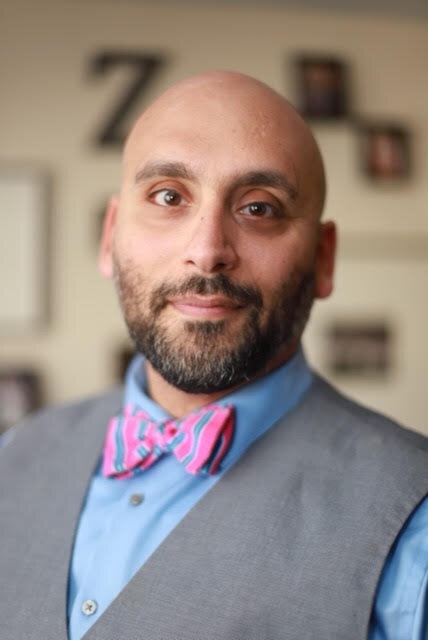Who does what in health care?
/By Dr. Raymond Zakhari, NP
The interface between medicine and psychiatry is the crack that many patients often fall through in terms of having their health care needs met. A small group of health care providers in the United States is uniquely qualified to care for patients with both mental health and primary care needs. This group of health care providers is double board certified in internal medicine or family practice and psychiatry. That means they were equally trained in the traditional aspects of primary care as well as trained in the field of psychiatry. This healthcare provider can either be a physician or a nurse practitioner. If the provider is a physician they may be known as the Internist-Psychiatrist, and if the provider is a nurse practitioner they will be known as a Family Practitioner- and Family Psychiatric Mental Health Nurse Practitioner.
These two professions address the needs of people with mental health problems that impact a medical condition, as well as care for people with general medical concerns who develop a mental illness. They also have a great deal of experience in dealing with the adverse effects of psychotropic medications including diabetes, kidney trouble, and anemia.
On average a patient with a serious mental illness such as bipolar disorder or schizophrenia can have a 10-20 year reduced life expectancy because of the barriers in accessing routine and preventative care, and the reduced adherence to treatment. People with mental illness can also suffer from the same conditions that affect the general population including heart disease, diabetes, and high blood pressure. Similarly it is not uncommon for a patient who has suffered a heart attack or stroke to become depressed or anxious to the degree that it impairs daily life functions.
This holistic type of care which integrates primary care and mental health is an approach to care which seeks to optimize mental and physical well being with the added convenience of a one stop shop.


